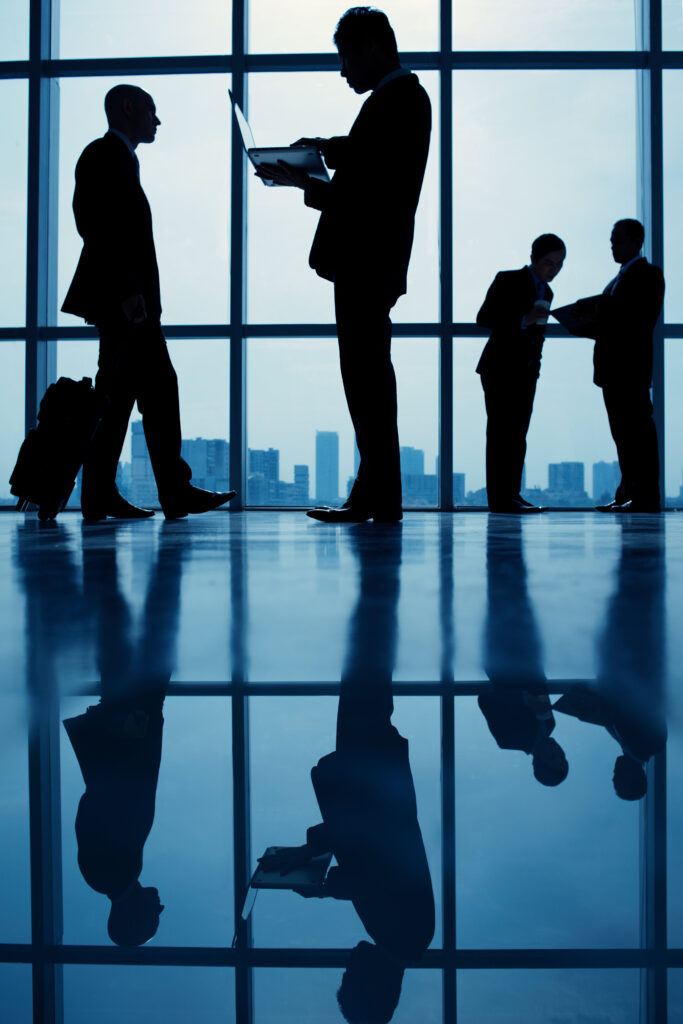Despite the widespread adoption of remote-working and videoconferencing technology, business travel is bigger than ever.
The U.S. Bureau of Labor Statistics says Americans make over 405 million business trips of 50 miles or more per year, which averages out to about 1.1 million people traveling for business every day.
The net impact of all this travel is hard to pin down. On one hand, many workers seem to consider business travel a perk and actively seek it out. About 60% of North American workers say travel programs and policies are important when choosing a new employer, and data shows that millennials and younger generations are especially keen on work travel.
At the same time, workers don’t always seem to be handling the challenges of this jet-setting paradigm very well. Frequent business travel has been found to increase a professional’s physical stress load and can negatively affect well-being in a variety of ways, according to multiple studies.
Fortunately, there are some smart steps you can take to maximize the positive aspects of business travel while limiting stress and disruption of your normal lifestyle.
Bring Your Regular Life with You
Seasoned business traveler Mary Ellen Slayter, the CEO of Rep Cap, a B2B content marketing firm in Baton Rouge with clients around the world, says that when professionals first start traveling heavily for work, it’s usually seen as an exotic experience. That often means regular rules for everyday life don’t apply — for example, you tend to eat out more often and rarely exercise. “You treat it like a vacation,” Slayter says.
But when you start traveling regularly for work, the secret to making it sustainable is to bring as much of your regular life with you on the road as possible, she says. And one of the first steps is to make space for exercise. “I don’t stay in a place that doesn’t have a functional gym,” she says. “If that’s important to you, don’t let that go once you’re on the road.”
Maintain a Healthy Diet
Maintaining a healthy diet is also key to positive outcomes during long-term travel — but with hectic schedules and limited on-the-go options, this is often easier said than done. In fact, corporate travelers expense up to $3 billion in fast food every year.
Slayter says to start by just saying no to room service, which is often disappointing, overpriced and not particularly healthy. Instead, she suggests asking the question “What does eating well look like at home?”
“Then try to bring that with you on the road as much as possible,” she says. “That might be going to the grocery store and getting things or just scoping out a healthier way of eating while you’re there.” Delivery services like UberEats and GrubHub can also help you move beyond room service without resorting to unhealthy fast-food options.
Leverage Technology
“Technology is a pretty important part of how I travel,” Slayter says, starting with apps for airlines and hotels that can make for a more efficient and less-stressful overall experience on the road. She’s hardly alone. Seventy-nine percent of “mobile travelers” used a mobile phone to complete a booking in 2017, and that number is only expected to climb.
Slayter says her airline app helps her stay on top of booking flights and any schedule changes, and her hotel app allows her to check in early and skip the line at checkout time. “I avoid standing in line,” she says. “It’s not a big deal if you do this a couple of times on vacation, but if three times a week you find yourself somewhere, it’s much better.”
Prioritize Convenience and Comfort
Slayter recommends investing in quality luggage that can handle the wear and tear of repeated travel and that has enough storage for all of your items. And she says to resist the urge to overpack for business trips. “If I’m somewhere for more than a week then I’m just going to get my laundry done,” she says. She says one way to avoid packing too many items is to strategically choose garments that can be mixed or matched throughout your stay.
Slayter says she eliminated all liquids in her bags to help simplify airport security. Instead of traditional toiletries, she uses dry products such as Lush toothpaste tablets and shampoo bars that can stay in her bag through security checkpoints.
Finally, Slayter also suggests avoiding checking bags to save time and eliminate the potential headache of lost luggage. “Checked bags are my nightmare,” she says. “But I also don’t come on the plane with an overstuffed suitcase. I could be gone indefinitely with a carry-on bag.”




